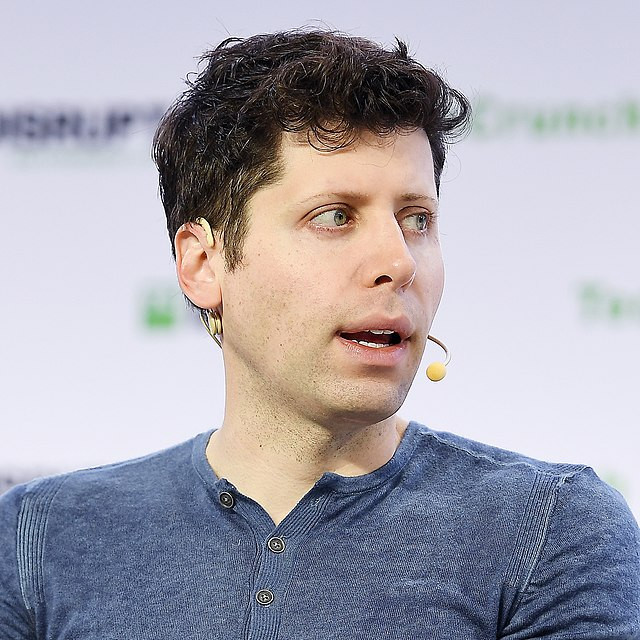OpenAI announced on Friday that CEO Sam Altman will rejoin the company's board of directors following the conclusion of an internal investigation into the events that led to his brief ouster in November. The investigation, conducted by U.S. law firm WilmerHale, found that Altman's conduct "did not mandate removal" and that he and co-founder Greg Brockman "are the right leaders for OpenAI."
The announcement comes alongside the appointment of three new board members: Dr. Sue Desmond-Hellmann, former CEO of the Bill and Melinda Gates Foundation; Nicole Seligman, former EVP and Global General Counsel of Sony; and Fidji Simo, CEO and Chair of Instacart. The new members will work closely with current board members Adam D'Angelo, Larry Summers, and Bret Taylor, as well as Altman and Brockman.
The WilmerHale investigation, which began in December, involved dozens of interviews with OpenAI's prior board members, advisors, current executives, and other witnesses, as well as a review of more than 30,000 documents. While the full report was not made public, OpenAI provided a summary of the findings.
"The review concluded there was a significant breakdown of trust between the prior board and Sam and Greg," said Bret Taylor, chair of OpenAI's board. However, the investigation also "concluded the board acted in good faith... [and] did not anticipate some of the instability that led afterwards."
Taylor emphasized that the board's concerns did not arise from issues related to product safety, security, OpenAI's finances, or statements to customers or business partners, but rather "simply a breakdown in trust between the board and Mr. Altman."
During a Zoom call with reporters, Altman expressed gratitude for the support of Taylor, Summers, and the WilmerHale team, and praised CTO Mira Murati for her leadership during the turbulent period in November. He also acknowledged that he wished he had handled differences of opinion with the board differently.
The events surrounding Altman's ouster in November sent shockwaves through the company, prompting resignations and threats of resignations from employees, as well as concern from investors, including Microsoft. Within a week, Altman returned to the company, and board members Helen Toner, Tasha McCauley, and Ilya Sutskever, who had voted to remove him, departed.
Since the launch of ChatGPT in November 2022, OpenAI has experienced tremendous growth, with the AI chatbot attracting around 100 million weekly active users and gaining adoption by more than 92% of Fortune 500 companies. The company has also secured significant investments, including a $10 billion deal with Microsoft last year.
However, the tumultuous events surrounding Altman's ouster continue to impact the company. Earlier this month, billionaire tech magnate Elon Musk sued Altman and Brockman for breach of contract and breach of fiduciary duty, alleging that OpenAI has become a "de facto subsidiary" of Microsoft, violating a founding agreement and 2015 certification of incorporation. OpenAI has stated its intention to file a motion to dismiss all of Musk's claims.
During the Zoom call, Altman declined to comment on the employment status of co-founder and chief scientist Ilya Sutskever, who played a key role in the failed coup but later changed sides when faced with the threat of mass employee resignations. Altman expressed his admiration for Sutskever and his hope that they would continue to work together in the future.
As OpenAI moves forward under Altman's leadership and with its newly expanded board, the company faces both immense opportunities and challenges in the rapidly evolving field of artificial intelligence. The resolution of the internal investigation and Altman's reinstatement appear to signal a desire for stability and continuity as the company navigates the complexities of its relationships with investors, employees, and the broader AI ecosystem.






